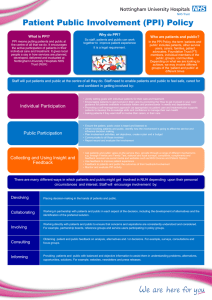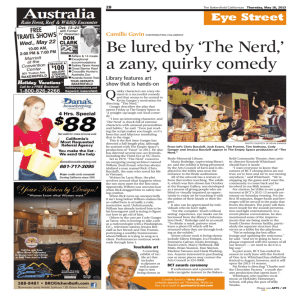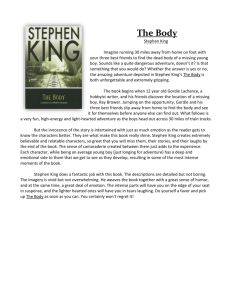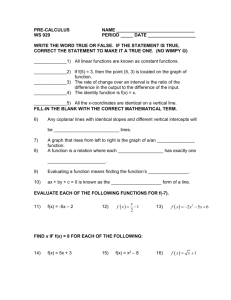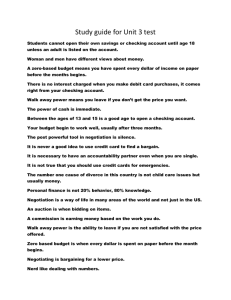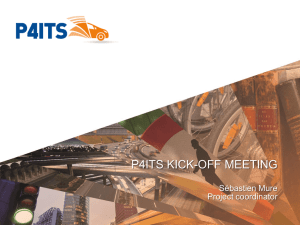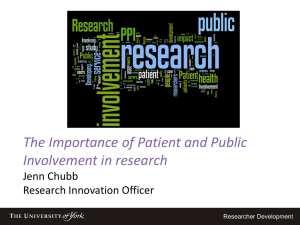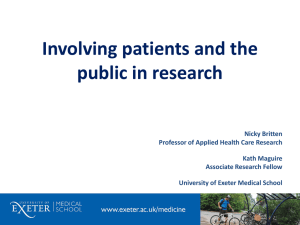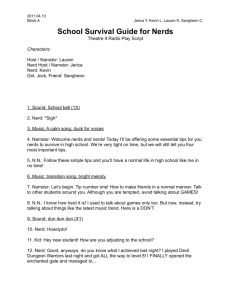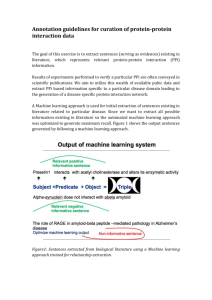PPI-therapy is equally effective in well defined NERD patients
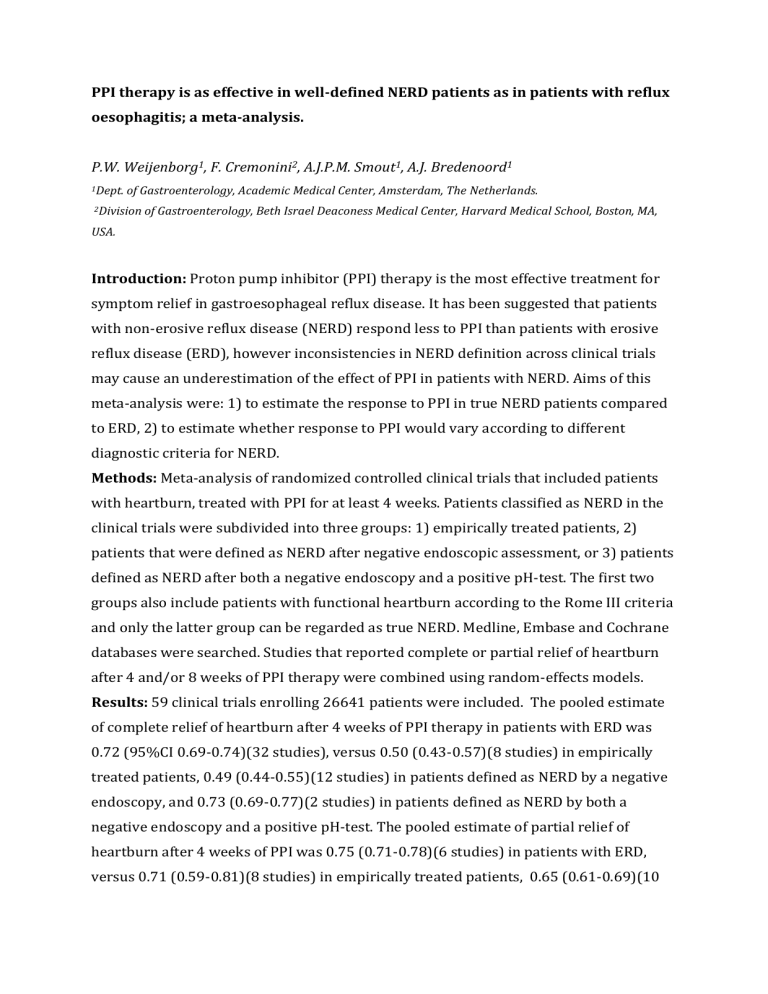
PPI therapy is as effective in well-defined NERD patients as in patients with reflux oesophagitis; a meta-analysis.
P.W. Weijenborg 1 , F. Cremonini 2 , A.J.P.M. Smout 1 , A.J. Bredenoord 1
1 Dept. of Gastroenterology, Academic Medical Center, Amsterdam, The Netherlands.
2 Division of Gastroenterology, Beth Israel Deaconess Medical Center, Harvard Medical School, Boston, MA,
USA.
Introduction: Proton pump inhibitor (PPI) therapy is the most effective treatment for symptom relief in gastroesophageal reflux disease. It has been suggested that patients with non-erosive reflux disease (NERD) respond less to PPI than patients with erosive reflux disease (ERD), however inconsistencies in NERD definition across clinical trials may cause an underestimation of the effect of PPI in patients with NERD. Aims of this meta-analysis were: 1) to estimate the response to PPI in true NERD patients compared to ERD, 2) to estimate whether response to PPI would vary according to different diagnostic criteria for NERD.
Methods: Meta-analysis of randomized controlled clinical trials that included patients with heartburn, treated with PPI for at least 4 weeks. Patients classified as NERD in the clinical trials were subdivided into three groups: 1) empirically treated patients, 2) patients that were defined as NERD after negative endoscopic assessment, or 3) patients defined as NERD after both a negative endoscopy and a positive pH-test. The first two groups also include patients with functional heartburn according to the Rome III criteria and only the latter group can be regarded as true NERD. Medline, Embase and Cochrane databases were searched. Studies that reported complete or partial relief of heartburn after 4 and/or 8 weeks of PPI therapy were combined using random-effects models.
Results: 59 clinical trials enrolling 26641 patients were included. The pooled estimate of complete relief of heartburn after 4 weeks of PPI therapy in patients with ERD was
0.72 (95%CI 0.69-0.74)(32 studies), versus 0.50 (0.43-0.57)(8 studies) in empirically treated patients, 0.49 (0.44-0.55)(12 studies) in patients defined as NERD by a negative endoscopy, and 0.73 (0.69-0.77)(2 studies) in patients defined as NERD by both a negative endoscopy and a positive pH-test. The pooled estimate of partial relief of heartburn after 4 weeks of PPI was 0.75 (0.71-0.78)(6 studies) in patients with ERD, versus 0.71 (0.59-0.81)(8 studies) in empirically treated patients, 0.65 (0.61-0.69)(10
studies) in NERD defined by endoscopy, and 0.85 (0.55-0.96)(1 study) in pH-test positive NERD.
Conclusion: In well-defined NERD patients, characterized by a negative endoscopy and a positive pH-test, the PPI failure rate is only between 15 and 27%, depending on the definition used, which is similar to patients with ERD. The lack of response (i.e. higher rate of PPI failure) in studies with NERD patients defined by endoscopy alone and by empirically treated patients is likely the result of contamination of the study population with patients with functional heartburn.

